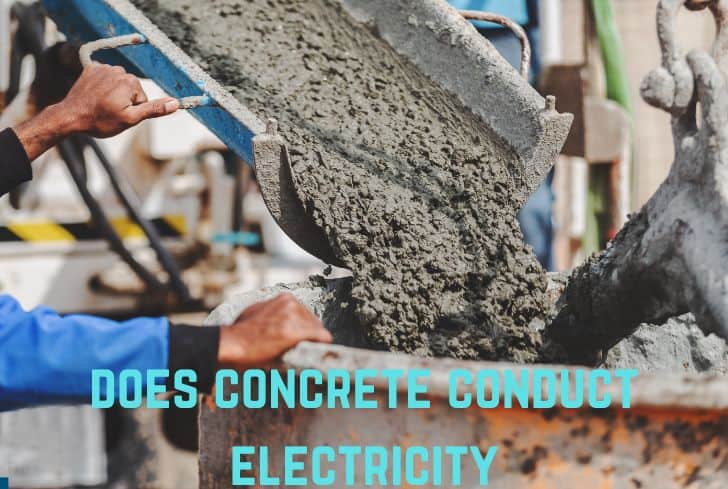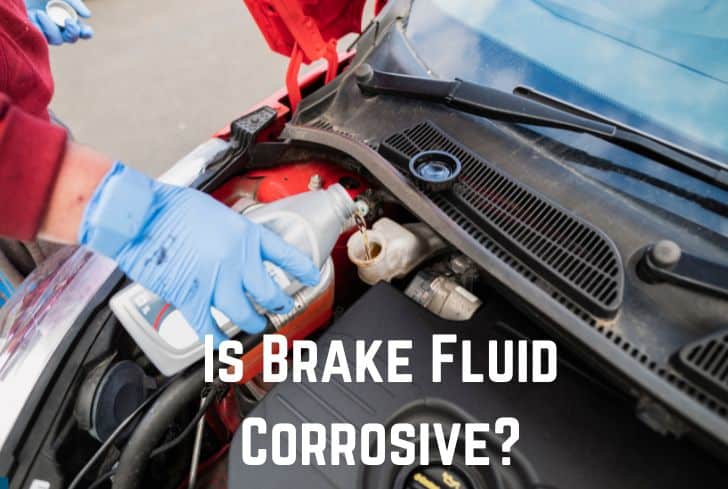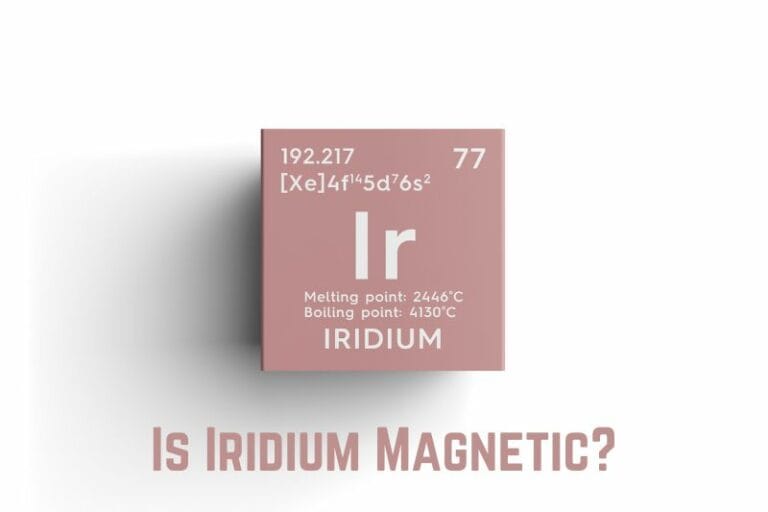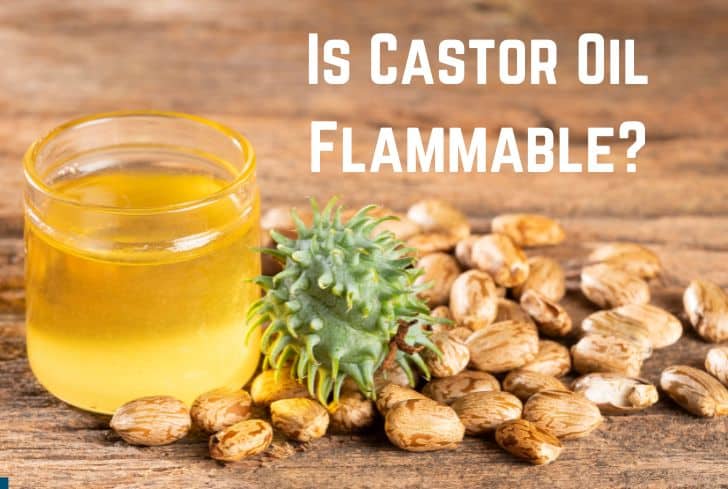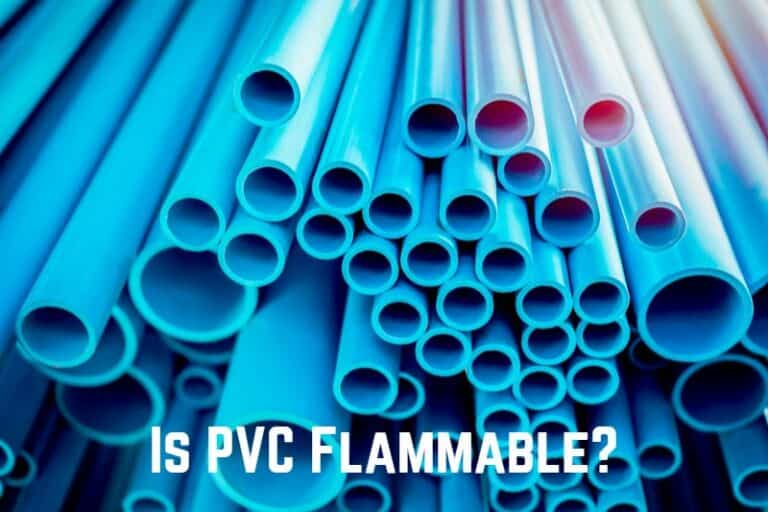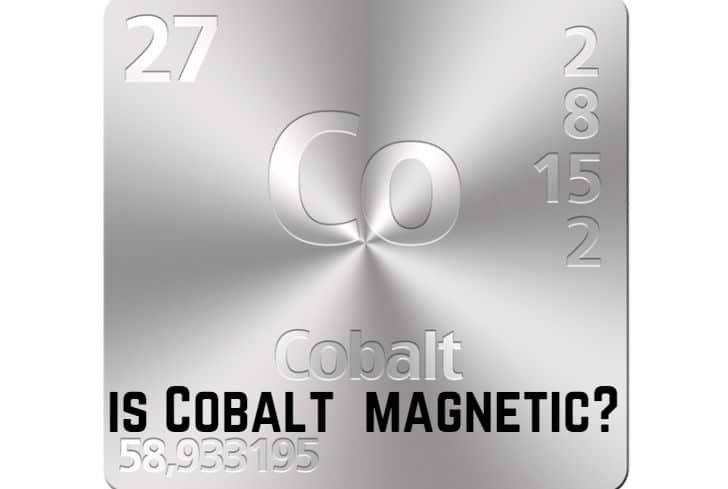Does Lighter Fluid Evaporate?
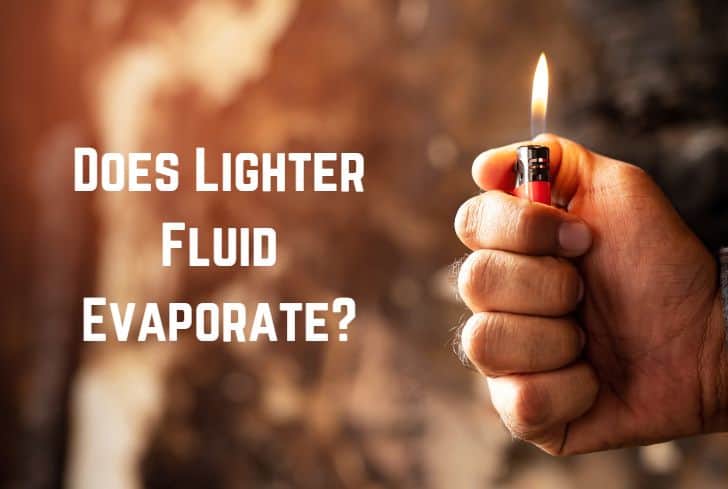
Most people prefer lighter fluid than matches when lighting fires. They are easy, portable, and ideal for use in an emergency. Once the fluids are spent, you can refill them. But do lighter fluids run out other than when they’re in use? Does lighter fluid evaporate?
The first two questions we will answer in this article are if charcoal and lighter fluids evaporate. Also, you’ll learn whether lighter fluids are flammable when dry, how fast they evaporate, and whether they explode or freeze. You receive tips on how to prevent lighter fluid from evaporating.
Read: Does Dry Ice Evaporate?
Does Charcoal Lighter Fluid Evaporate?
Yes, the charcoal lighter fluid evaporates. Often, the lighter fluid contains alcohol, primarily methanol or ethanol. Petroleum can also be a component. Both components evaporate and are flammable. But charcoal lighters don’t evaporate at such a rapid rate that they fail to light the charcoal. When they evaporate, methanol and ethanol leave behind a residue.
Lighter fluid and charcoal lighter fluid are two different things. Lighter fluid starts fires in fire pits and barbecues—charcoal lighter fluids, specifically light charcoal grills. Never try to use charcoal lighter in place of lighter fluid. The primary components of charcoal lighter fluid are ethanol, lighter fluid, and isopropyl alcohol.
Does Zippo Lighter Fluid Evaporate?
Zippo is a mixture of hydrocarbons that evaporate rather quickly. Butane is one of the hydrocarbons, evaporating quickly without leaving any residue. Nonetheless, evaporative cooling will cause some ice crystals to develop. The crystals will eventually evaporate at room temperature. The lighter fluid evaporates even when you’re not using it, so always close the lid.
Methylated spirits, gasoline, kerosene, rubbing alcohol, or other flammable liquid are other popular fuels in Zippo lighters. Any of these fuels will evaporate, leading to the drying out of the Zippo lighter. Zippo lighters evaporate more quickly due to several factors. We highlight them below:
- It has an absorbent material-covered wick that draws the liquid up. The zippo fluid will evaporate if there is no flame.
- More fluid flows up the wick as it evaporates more. Regardless of where you store the lighter, the process continues. The wick loses most of the fuel.
- The fluid in the lighter will continue to evaporate until it is all evaporated.
Where the fuel reservoir fits into the case on the sides of the Zippo lighter, fuel can also evaporate there. Through the lid is another evaporation point. Most zippo lighter lids let fuel evaporation through since they are not gas-tight.
How Fast Does Lighter Fluid Evaporate?
The evaporation of naphtha lighter fluids takes about 24 hours. It will take at least 6 hours for the Zippo lighter fluid to evaporate because it is less dense than naphtha lighter fluid. When in use, Zippo lighters will take two weeks to evaporate completely without refills. If exposed to heat or sunshine, charcoal lighter fluid dries out in roughly three hours.
Although all lighter fluids evaporate, their rates of evaporation differ. The evaporation rate of butane is among the fastest. However, propane and isobutane have the highest evaporation rates. The gas butane exists at room temperature. Some lighter fluids either contain alcohol or are petroleum based. The chemical composition of lighter fluid affects how quickly it evaporates.
Is Lighter Fluid Flammable When Dry?
Lighter fluid is flammable when dry. Even after the fluids dry out, the main components of lighter fluids are petroleum distillates. The distillate’s chemicals evaporate, concentrate in the air, and become flammable. Near an open flame or a spark, the dry vapors will catch fire and explode, resulting in a fire.
Lighter fluids are organic solvents made from a mixture of flammable hydrocarbons when wet or liquid. The fluids are more flammable when wet but still flammable even when wet.
Does Lighter Fluid Explode?
Yes, lighter fluid has the potential to explode. The fluids and gases expand when the lighter is exposed to heated temperatures, increasing internal pressure. The internal pressure causes the lighter container to experience stress leading to bursting. This burst, combined with the flammable components and oxygen, will cause an explosion.
As you’ll discover in this article, lighter fluids can seriously explode Lighter fluid causes an explosion in Stockport.
When temperatures exceed 100°F (37°C), lighter fluid might explode inside your car. The car seats and glass may sustain damage from the explosion. The heat increases the pressure of the flammable lighter fluids, just like in aerosol cans.
Moreover, using lighter charcoal fluids indoors is not recommended. At temperatures slightly above 100°F (37°C), the lighter ignites, which can result in an explosion indoors. You should only use the lighter fluid with charcoal briquettes in an outside BBQ grill.
Never use lighter fluid straight indoors, including near a fireplace. Its vapor can catch fire quickly, move to places you were unaware existed, and ignite with explosive power. Keep oxidizing substances, acids, heat, and hot surfaces away from lighter fluid. To prevent ignition and explosion, avoid using the lighter while smoking.
Does Lighter Fluid Freeze?
Like other liquids, lighter fluid does freeze. Naphtha freezes at -99°F (-72°C); however, a butane lighter won’t work when freezes because it won’t evaporate. The fuel won’t be able to produce the necessary fuming cloud for ignition without evaporation. The plastic lighter fluid cover could crack due to fluid freezing inside.
The chilly temperature also affects the pressure inside the lighter, preventing the gas from trickling out. The flame becomes low and frail. Compared to when it’s hot outside, a higher pressure makes the gas quickly fade out. Tighten it in your bare fist or place it in your pocket if you discover that the fuel for your lighter is frozen. You’ll heat it with your body heat.
How Do You Stop Lighter Fluid From Evaporating?
Lighter fluids tend to evaporate more quickly and cost more to refill. Knowing how to stop the fluids from evaporating is the best option.
Here is an example How To Refill A Zippo Lighter : What To Avoid And Why.
These are various tips for preventing evaporation.
- Airtight containers- All lighter fluids should be stored in waterproof, dark, airtight containers at room temperature, ideally away from direct sunlight. Even if the lids are tight, the liquids can still evaporate. Seal the container if possible.
- Keep it away from your body- Also, the heat from your body will accelerate the rate at which the lighter fluids evaporate.
- Put it off immediately- Most lighters won’t extinguish themselves. The flame grows larger, and there is more combustion as the burner burns longer.
- Put the lid on the lighter- Be cautious about covering it after using it. Since most gases burn in oxygen, the lighter is exposed to oxygen when left open. To keep the cover from moving, use duct tape.
- Don’t overfill- The lighter fluid will spill onto the surface when you overfill it. If you light it right away, it will immediately go out after bursting into enormous flames. Sadly, the large flames use up a lot of fluid. Allow the extra fuel to dry out before lighting in the event of an overfill.
- Don’t refill if you’re not using it immediately- While a stored lighter only lasts four days, a frequently used one can last up to three weeks. You should only refill the lighter when you intend to use it.
FAQs
Does lighter fluid expire?
The lighter fluid has three to five years of shelf life if stored properly. Fortunately, no fluid can go bad in the lighter. Keep it out of direct sunlight; the oxidation process will begin, shortening its life.
The majority of lighter fluids are either alcohol- or petroleum-based. Both exhibit poor reactions to oxygen. They oxidize quickly, reducing their effectiveness and gradually evaporating.
What can I do with old charcoal lighter fluid?
The best option is to dispose of it if you no longer need it. You can contact your neighborhood hazardous waste facility since lighter fluids are toxic. For inappropriate disposal, some states levy steep fines. The facility may require you to drop off your used charcoal lighter fluid, or they may arrange for a pick-up.
There may be instructions for safe disposal on the label of the lighter fluid container. Asking the manufacturers how to get rid of lighter fluids over the phone is still an option.
Can you taste lighter fluid in food?
For several reasons, you can taste charcoal lighter fluid in your food. Your charcoal has too much lighter fluid in it. Another explanation could be that you sprayed the lighter fluid strongly, which caused part of it to splatter on the grill. While you continue to cook, the lighter fluid releases fumes attached to the food.
It’s also possible that you lit the lighter and immediately began cooking. The ideal time to wait is when the coals are covered in a thin coating of white ash. Ash is a sign that the coal has entirely burned out, and the lighter fluid has also burned off. If you use “fast light” charcoal, the lighter fluid taste can also happen.
Read: Does Ammonia Evaporate?
Conclusion
Zippo fluid and charcoal lighters both evaporate because of the hydrocarbons in them. They evaporate at various rates, though. Depending on the fluid type, whether in use or storage, lighter fluids might take a few hours to weeks to evaporate.
Less flammable than when liquid, lighter fluids are flammable when dry. They should be kept at low temperatures since they can explode. They become ineffective when they freeze and require heating.

